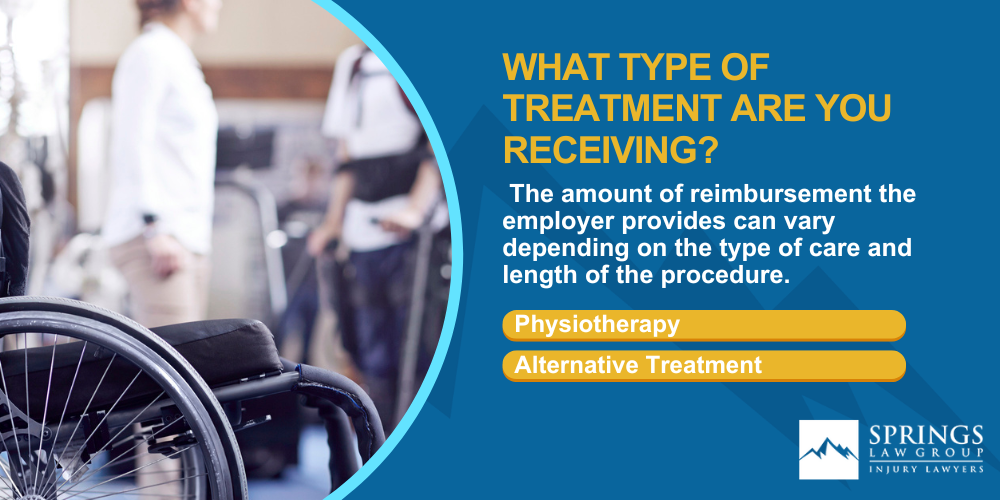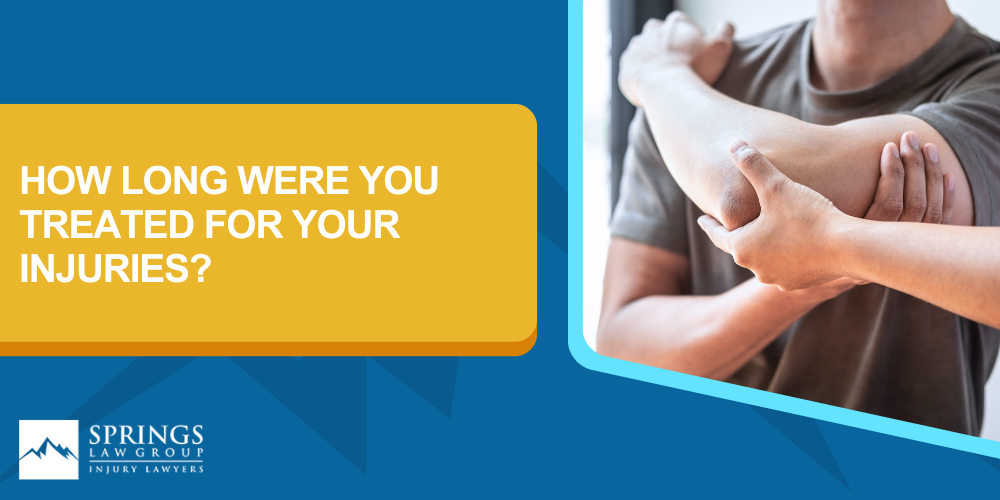How Does Medical Treatment Affect Your Personal Injury Settlement?

You’ve received your first medical bills after your injury and now you are wondering who pays for treatment and how this will affect your personal injury settlement.
Who pays the bills before you receive compensation? Will the final amount come out of your settlement?
If you’ve been harmed in an accident that was someone else’s fault and are debating whether to file a personal injury claim, you’re undoubtedly wondering if you’re likely to receive any compensation for your medical costs and other losses—and if so, how much.
How do I receive a personal injury settlement after an injury?

You can claim compensation when you have suffered loss at the hands of someone else’s negligence. These instances include:
- Accidental falls,
- Negligence claims,
- Motor vehicle accidents.
In most personal injury suits, the damages awarded are made to compensate the plaintiff for their losses, which could include:
- Medical bills;
- Lost income; and
- Lost future income.
Are you considering handling your personal injury settlement on your own?

An insurance claim is evaluated in many different ways. To fully comprehend the worth of your claim, much more is required than simply gathering your medical records and bills. Most incidents necessitate a thorough investigation before an insurance claim can be filed. Evidence from witnesses, medical records, police reports, and expert testimony can be used to determine what happened, how it happened, and who was at fault. Having a personal injury attorney help you through the process is best. Many variables are involved in making a claim regarding how medical treatment is dealt with.
What type of treatment are you receiving?

Knowing which medical procedures the insurance provider will pay for is one strategy to increase your insurance settlement. Naturally, your compensation increases as you undergo more medical care. But not every form of medical care is equivalent in the eyes of insurance adjusters. The amount of reimbursement the employer provides can vary depending on the type of care and length of the procedure.
Physiotherapy
For instance, it’s common for physiotherapy to be used as a treatment in accident-related injury claims, although it is typically ranked lower than other types of medical care. An insurance adjuster can include your few weeks of physical therapy with other medical treatments if ordered and provided by your doctor’s office. However, the insurance adjuster is likely to use a smaller multiplier when adding your medical specials to the damages formula if you have physical therapy for months and it makes up the vast majority of your medical expenses.
Alternative Treatment
Even lower on the totem pole of medical treatment are alternative therapies. While you may still receive reimbursement from the accountable person’s insurance provider for these services, the claims adjuster for the insurance company handling your claim may not give these costs much weight when determining how to multiply medical specialties within the damages formula. Of course, getting the medical care you feel most comfortable with and that you believe will benefit you the most should be your top priority. However, you should be aware that an insurance provider will probably pay you at a reduced rate if you choose services that a doctor does not offer.
How long were you treated for your injuries?

Naturally, an injury requiring a lengthy course of medical care will also take a long time to recover, resulting in significant pain and suffering. Therefore, if you require extensive medical care, you may contend with an insurance adjuster that the length of time required for recovery was proof of the severity of the injury.
How much will you receive for your personal injury settlement?
As you can see, myriad factors are considered when a payout amount is being assessed. How much you are entitled to be assessed on a case-by-case basis. In most civil cases, the cap on non-economic damages (damages that cannot be proven using receipts, invoices, etc.) is $250,000, which has been updated for inflation since the Colorado code section that established the cap was enacted.

However, under Colorado law, a person’s pain and suffering damages are not capped if he or she suffers a permanent physical handicap due to an accident.
In light of this, it’s best to have your attorney advise you on the amount you are likely to be awarded based on your specific circumstances.
Our attorneys at Spring Law Group are ready and willing to help put this behind you. Book a consultation with us and have us assess your matter.
